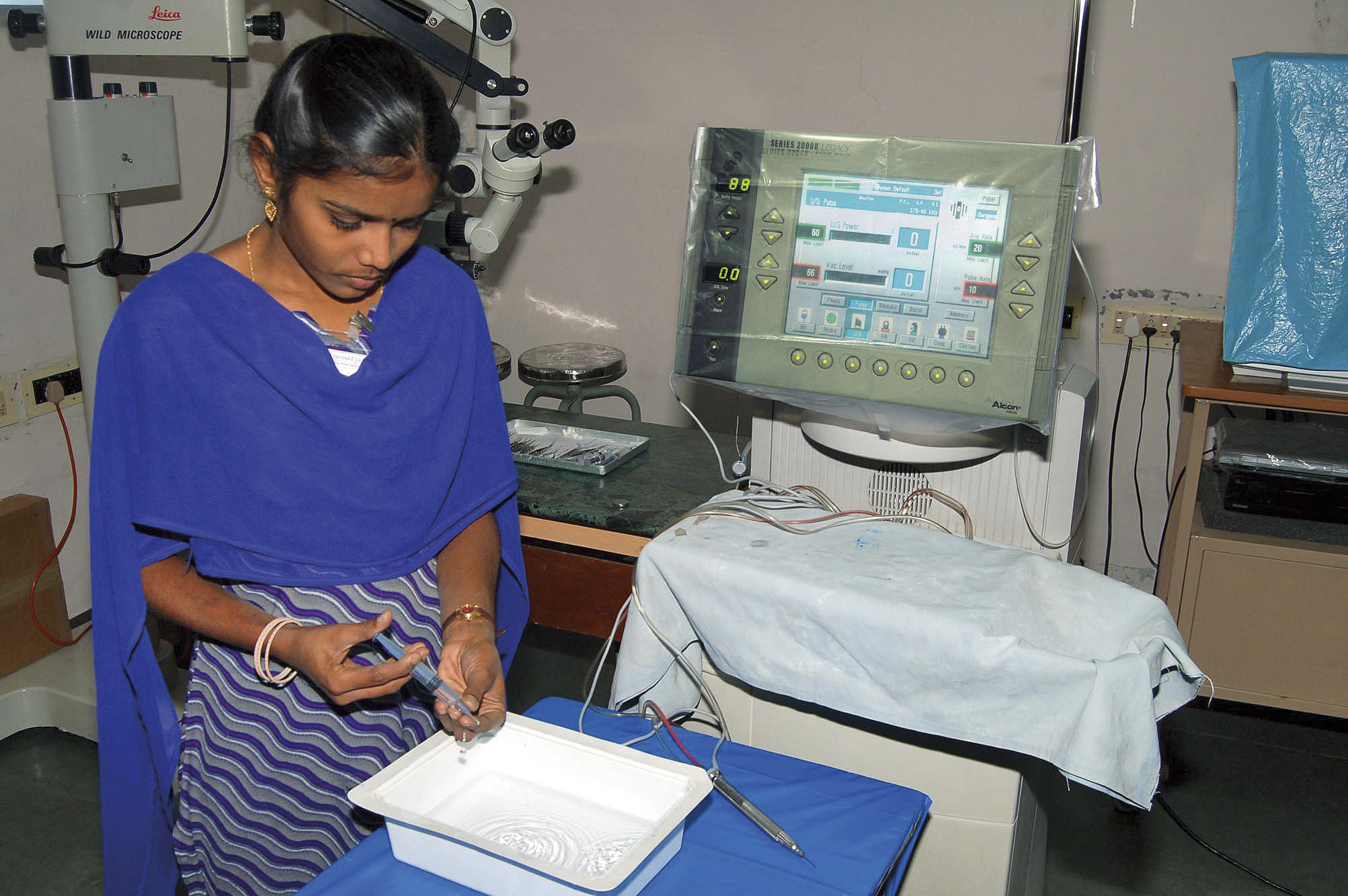Recommended
Rigorous, explicit, evidence-informed priority-setting (EIPS) in healthcare is an essential instrument for achieving value for money in Universal Health Coverage (UHC). Growing pressures on healthcare budgets, combined with the post-COVID-19 fiscal crises and a plateauing of development assistance for health, make institutionalising of EIPS a particularly critical and timely policy goal. We introduce iProSE—the iDSI Progression Scale for institutionalising EIPS in healthcare. iProSE is a self-assessment scale aiming to help countries understand how far they have progressed in institutionalising EIPS and what can be their future priorities and to help development partners better tailor their country support in this area. We propose an index resulting from the assessment of eight aspirational statements on EIPS: two statements relate to key spending decisions (“What health technologies to cover from public funds?” and “At what prices to procure health technologies from public funds?”), and six statements relate to enabling factors for institutionalising EIPS. Statements are scored on the basis of information available in official documents against the extent to which the statements fall on an implementation spectrum ranging from policy intention to full, systematic implementation. Based on the scored statements, EIPS institutionalisation can be categorised as Foundational, Breakthrough, Consolidating, or Mature. An example of application of iProSE is presented capturing India’s progress in moving from Breakthrough in 2016 to Consolidating in 2022.
Rights & Permissions
You may use and disseminate CGD’s publications under these conditions.








